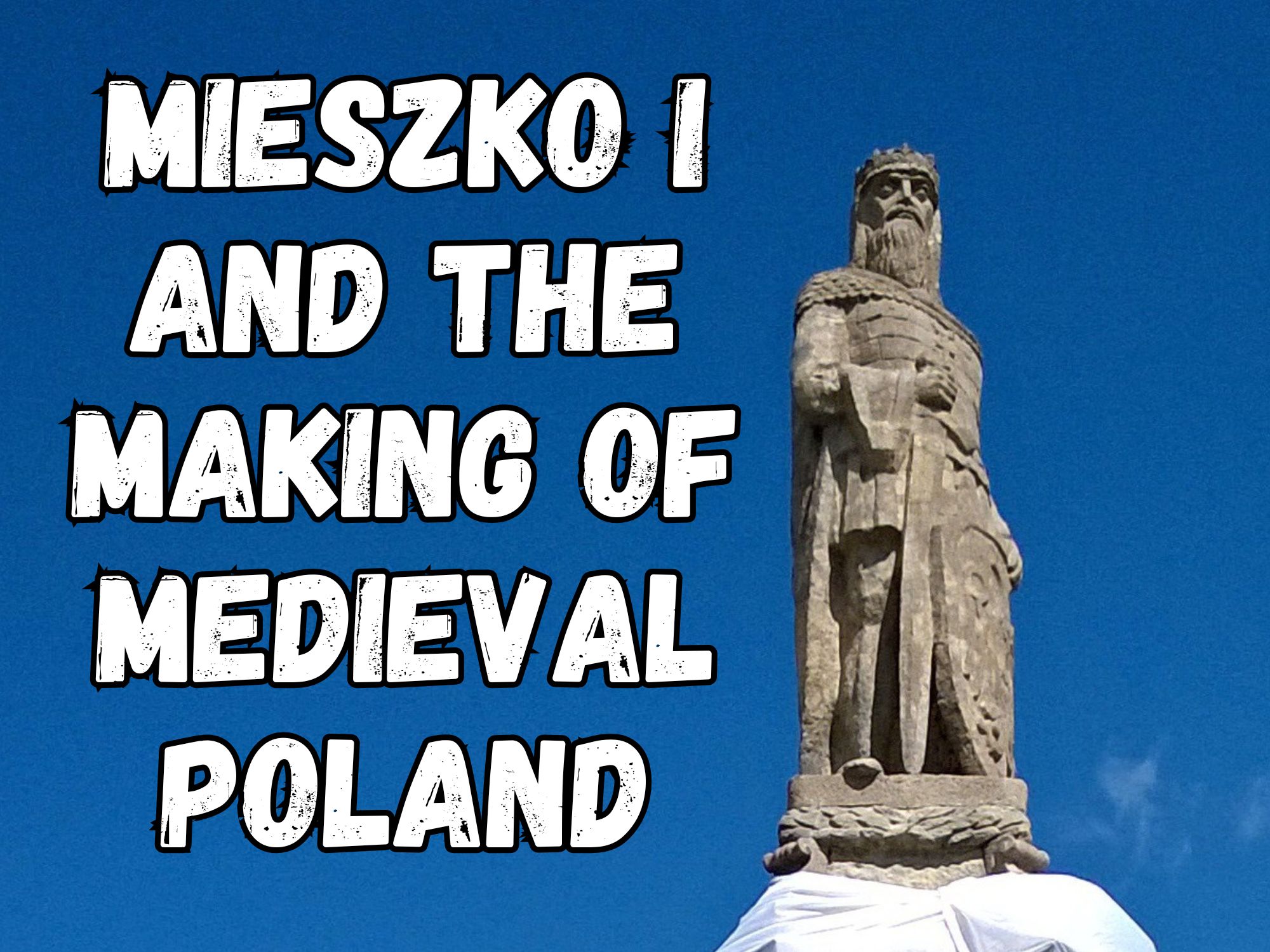
"Late in the reign of Emperor Otto I (936-973) a Jewish traveler from Muslim Spain named Abraham ibn Jaqub recorded his experiences in the German kingdom and in the lands of the Slavs. Ibn Jaqub, as he is generally known today, had a great deal to say about economic matters and commented on merchant routes and great markets teeming with Turks, Jews, and Slavs, who were selling slaves, tin, furs, arms, wheat, horses, and riding equipment."
"Ibn Jaqub stated that Mieszko ruled the largest of the Slavic lands and gained great wealth from its abundance in wheat, meat, honey, and fish. Mieszko is reported to have levied his taxes in minted money, although there are no finds of coins actually minted by Mieszko in the region during this period. If Ibn Jaqub was correct on this point, it is likely that the minted coinage came from a combination of sources."
Mieszko I consolidated disparate Slavic tribes into the core of a Polish state in the tenth century, backed by military organization and strategic leadership. Merchant routes and bustling markets connected his realm to wider networks, with Turks, Jews, and Slavs trading slaves, furs, tin, arms, wheat, horses, and other goods. Wealth derived from abundant agricultural and natural resources, including wheat, meat, honey, and fish. Taxation reportedly involved minted money, though no native coin finds exist; silver inflows from the Arab world and the German kingdom likely supplied regional currency. Fortifications, natural defenses, and road networks reinforced political control.
Read at Medievalists.net
Unable to calculate read time
Collection
[
|
...
]